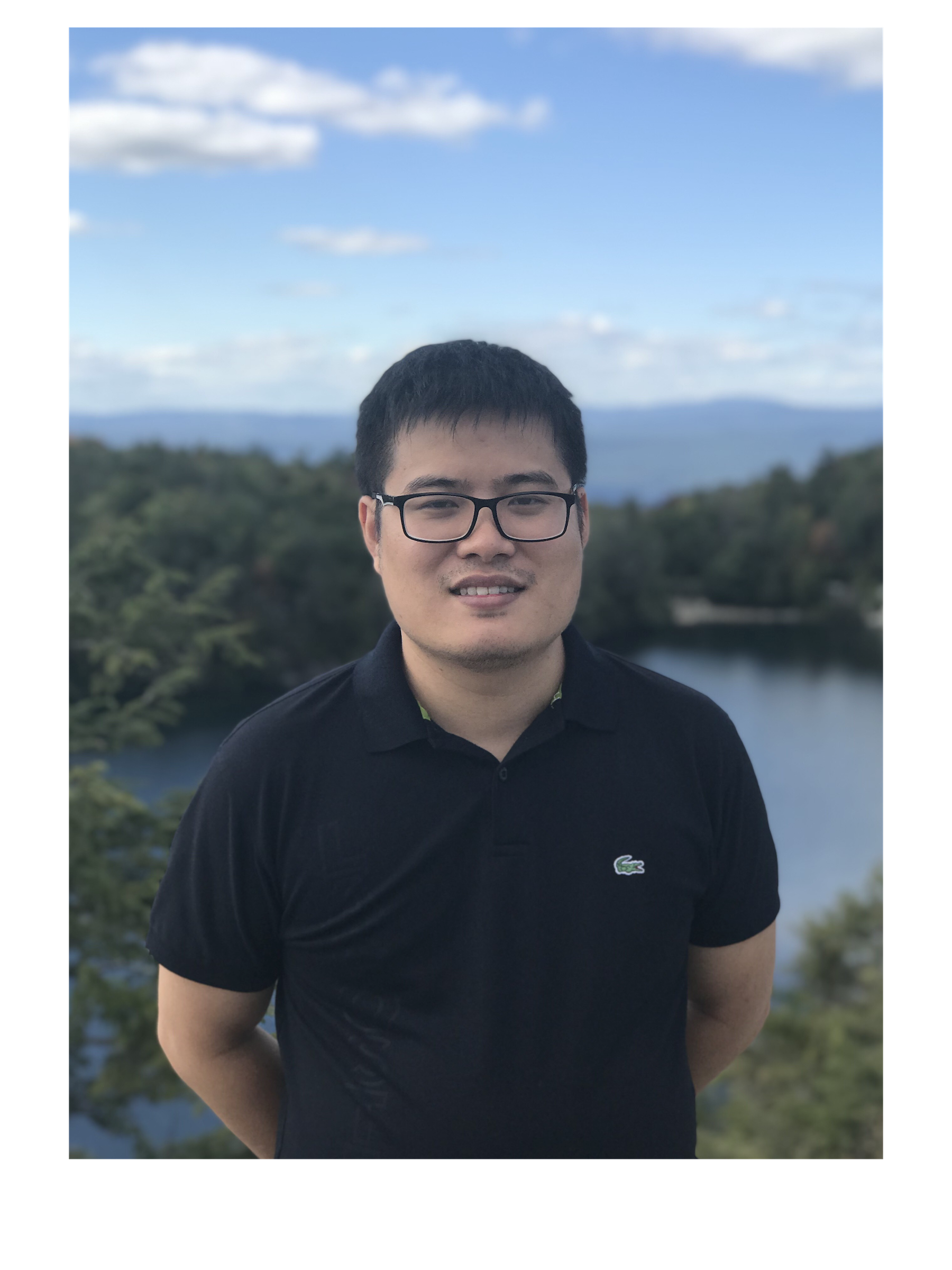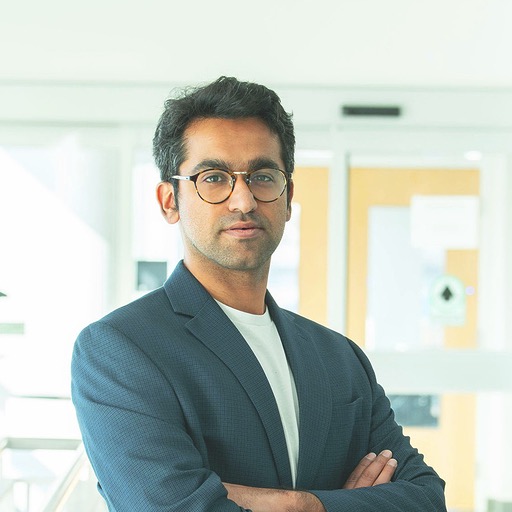Keynote Speakers

Heng Ji
UIUC
Title:Event Detection: Something Olde and Something New
When the first event detection shared task was launched at the Message Understanding Conference (MUC-5) in 1993, building a system to detect just one event type in one language took a month of development. Thirty years later, we’ve seen remarkable progress: modern event detection systems can identify over 3,000 event types across hundreds of languages and multiple data modalities—including text, speech, images, and video. These systems now offer much higher accuracy, coverage, and portability, all at a fraction of the original cost, pushing the boundaries of what’s possible in areas like disaster management, business analytics, decision support, and beyond. While these advancements are impressive, the exciting potential lies ahead. In this talk, I will not only revisit the key techniques that have driven event detection forward but also explore what the next decades could hold in the era of large language models (LLMs). I will propose several PhD dissertation-worthy research directions that could shape the future of event detection, such as never-ending event knowledge base construction, event-based LLM knowledge updating, corpus-level complex event detection and analysis, multimodal event detection and knowledge integration, and emerging applications in situation understanding, hypothesis generation, simulation, and predictive analytics.
Heng Ji is a professor at Siebel School of Computing and Data Science, and an affiliated faculty member at Electrical and Computer Engineering Department, Coordinated Science Laboratory, and Carl R. Woese Institute for Genomic Biology of University of Illinois Urbana-Champaign. She is an Amazon Scholar. She is the Founding Director of Amazon-Illinois Center on AI for Interactive Conversational Experiences (AICE). She received her B.A. and M. A. in Computational Linguistics from Tsinghua University, and her M.S. and Ph.D. in Computer Science from New York University. Her research interests focus on Natural Language Processing, especially on Multimedia Multilingual Information Extraction, Knowledge-enhanced Large Language Models and Vision-Language Models, and AI for Science. The awards she received include Outstanding Paper Award at ACL2024, two Outstanding Paper Awards at NAACL2024, “Young Scientist” by the World Laureates Association in 2023 and 2024, “Young Scientist” and a member of the Global Future Council on the Future of Computing by the World Economic Forum in 2016 and 2017, “Women Leaders of Conversational AI” (Class of 2023) by Project Voice, “AI’s 10 to Watch” Award by IEEE Intelligent Systems in 2013, NSF CAREER award in 2009, “Best of ICDM2013” paper award, “Best of SDM2013” paper award, ACL2020 Best Demo Paper Award, NAACL2021 Best Demo Paper Award, Google Research Award in 2009 and 2014, IBM Watson Faculty Award in 2012 and 2014 and Bosch Research Award in2014-2018. She was invited to testify to the U.S. House Cybersecurity, Data Analytics, & IT Committee as an AI expert in 2023. She was invited by the Secretary of the U.S. Air Force and AFRL to join Air Force Data Analytics Expert Panel to inform the Air Force Strategy 2030, and invited to speak at the Federal Information Integrity R&D Interagency Working Group (IIRD IWG) briefing in 2023. She is the lead of many multi-institution projects and tasks, including the U.S. ARL projects on information fusion and knowledge networks construction, DARPA ECOLE MIRACLE team, DARPA KAIROS RESIN team and DARPA DEFT Tinker Bell team. She has coordinated the NIST TAC Knowledge Base Population task 2010-2020. She served as the associate editor for IEEE/ACM Transaction on Audio, Speech, and Language Processing, and the Program Committee Co-Chair of many conferences including NAACL-HLT2018 and AACL-IJCNLP2022. She was elected as the North American Chapter of the Association for Computational Linguistics (NAACL) secretary 2020-2023. Her research has been widely supported by the U.S. government agencies (DARPA, NSF, DoE, ARL, IARPA, AFRL, DHS) and industry (Amazon, Google, Bosch, IBM, Disney).

Lise Ann St. Denis
University of Colorado, Boulder
Title:Detecting pivotal shifts during complex wildfires: hazards, incident response, community impacts and community response
The impacts of wildfires are intensifying in the United States due to a combination of a warming climate, policies and practices contributing to a long-term buildup of fuels on the landscape and housing practices that continue to put more people in harm’s way. Teasing apart and making sense of these contributing factors poses numerous challenges for researchers, land managers, and incident management organizations struggling to assess both our current situation and viable paths forward. Recent advances in natural language and data synthesis techniques are a critical component of making sense of this critical moment in time. In this talk I will present current research as part of the CU Earth Lab Wildfire Research Team and collaboration with the USDA Forest Service Wildfire Risk Management Science Team, Human Dimensions Lab to make progress in some of the most critical areas.
Lise is a research scientist at Earth Lab responsible for the Global Social Sensing Project, a research initiative to develop datasets Earth scale related to the societal impact and societal disruption of natural hazard events for use in Earth Sciences, natural hazards research, and for real-time response applications. Lise has a multidisciplinary background in computer science, data science, human-centered design, crisis informatics, emergency response, and natural hazards research. She holds degrees in Computer Science, Human-centered computing and brings over a decade of industry software design and development experience to her academic research role. Her doctoral research focused on the challenges of integrating social media into formal emergency response and as part of this research participated in over forty emergency response activations with the Virtual Operational Support Team (VOST) community. Her current research extends that knowledge into the Earth Analytics domain, finding new methods for capturing information related to emergency response and societal impacts at scale for use in Earth sciences and natural hazards research. Related work includes development of the ICS-209-PLUS dataset: a geo-spatial, research grade dataset combining daily snapshots of incident response, hazard characteristics and societal impacts. Design of a neural net classifier for organizing social media for emergency response and natural hazards research. In her free time, Lise loves using her art and design skills, spending time with family and hiking in Boulder County open space with her dogs. She is still an active member of the VOST community and co-lead for the PNWVOST Team.



